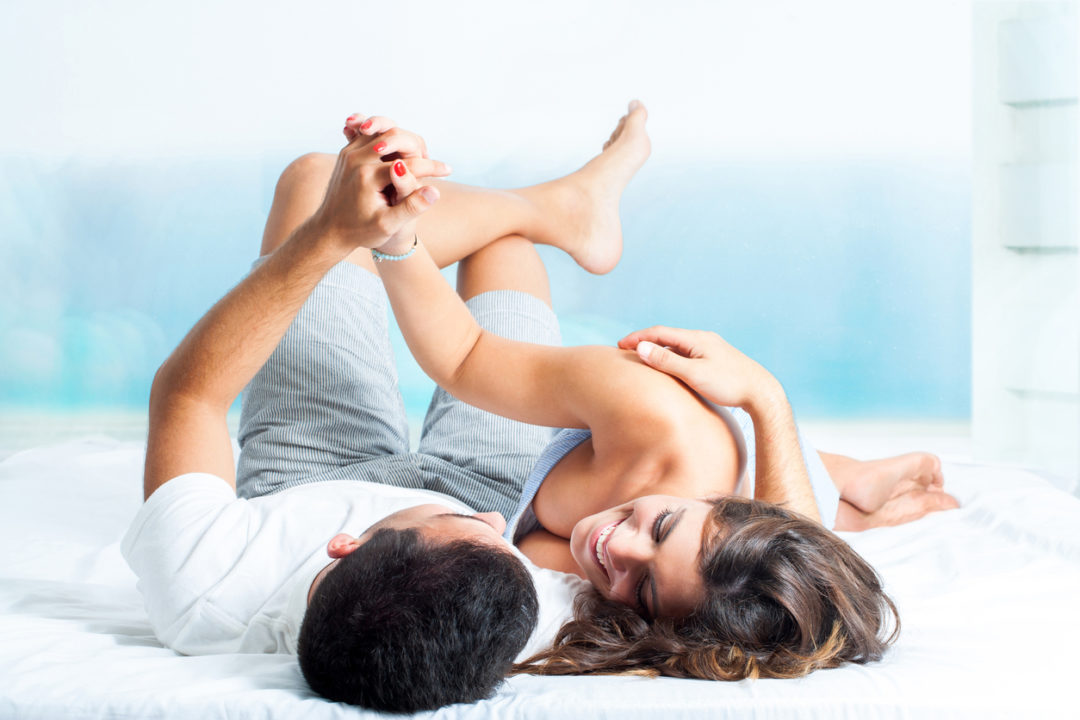
Having a low libido is pretty common. Moments of low desire are natural and normal. In fact, there is no normal frequency or set of behaviors that can diagnose a woman with a low libido. Low libido is an issue when the lack of desire is having an effect in her life and causing distress. It many ways, a healthy libido can be a sign of optimal health. All systems in the body need to be balanced in order for libido to soar. There are many different causes for low libido and it takes a comprehensive health analysis to identify the cause. Below is a list of reasons why you may be experiencing a lack of desire for intimacy.
Causes of Low Libido
- Hormonal Imbalance
Hormonal imbalances can happen at any point in a women’s life. The balance between estrogen and progesterone and the levels of testosterone and DHEA-S can have a direct effect on a women’s libido. A woman’s genetic make up, coupled with environmental triggers and lifestyle (such as diet and stress levels), shifts hormones in such a way where libido can be affected.
- Menopause
There is a significant drop in hormones during menopause which reduces desire for intimacy and can also contribute to vaginal dryness – which leads to physical discomfort during intercourse.
- Medications
Many medications can affect libido such as certain anti-depressants, birth control pills, anti-histamines, anti-seizure, opioids, beta blockers, and benzodiazepines.
- Chronic Disease
Certain medical conditions can contribute to lower libido such as diabetes, heart disease, arthritis, autoimmune and neurological diseases. The medications used to treat these conditions, and the fatigue, pain, depression, neuropathy and hormonal changes that often accompany these diseases are the main reasons why a chronic disease can lead to lower libido. Addressing the root cause and supporting the whole body during this time can improve health and increase libido.
- Drinking too much alcohol (for some women)
While for some women alcohol lowers inhibition and increases desire for sex, many women experience the depressant quality of alcohol which reduces sensitivity and desire for intimacy.
- Bloating, gas and stomach issues
Bloating, gas and gut discomfort can make a lot of people not feel sexy. But these symptoms likely signify an imbalanced gut microbiome which can have a direct effect on neurotransmitters and hormones and thus affect a women’s libido.
- Anxiety and depression
Anxiety and depression can trigger negative thoughts and cause distraction, difficulty focusing, stress, hormonal changes and exhaustion – these can all lead to reduced libido.
- Stress
When our bodies are under stress it triggers the “fight or flight” response, which leads to the release of epinephrine and cortisol. Biologically speaking this “fight or flight response” causes metabolic changes (such as increased heart rate and increased blood flow to our major muscle groups) to help keep us alive. Our body’s adaptive responses to stress was meant for survival, not for sex and procreation. Accordingly, libido is affected when we are under stress.
- Relationship issues
If your relationship is struggling, you may not be feeling good about yourself or your partner and this can have an effect on libido.
As you can see there are many causes for low libido. Whether you know, suspect or just clueless as to what is contributing to your low libido, Akasha’s physicians and practitioners can help. After a thorough health analysis – which involves a detailed health history, physical and labs, a cause can often be identified. Once the cause is known, an individualized plan is created to optimize health and support a healthy libido.
Comments